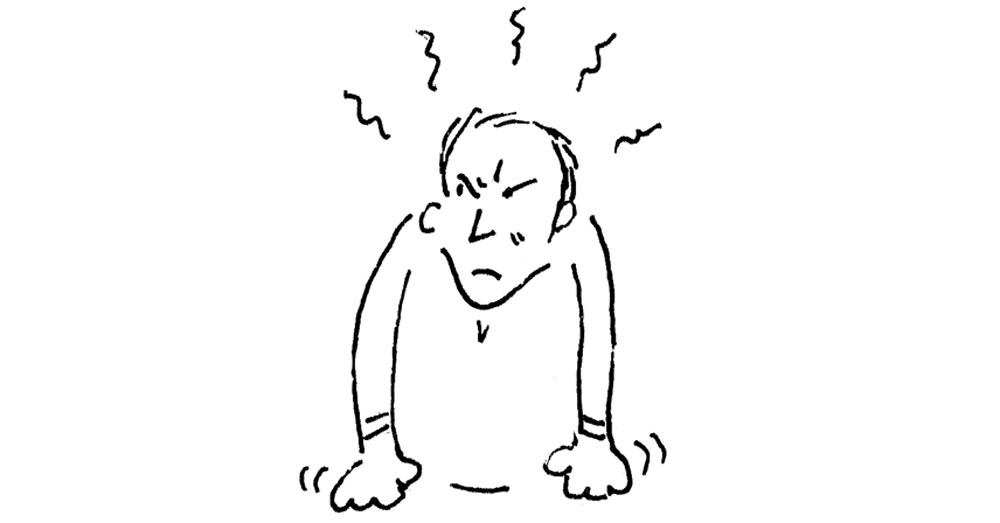The destructive effects of anger are easily recognized. When even mild annoyance arises, it can quickly grow and overwhelm us. Inner peace is lost. If we look at how anger arises, we see that it usually happens when we feel unheard, unseen, or unfairly treated. If in that moment we look within, we may sense a feeling that anger can help us get even with the offending person or change the vexing situation. So the anger that arises can seem to have value, but in reality it cannot. There might be some logic to responding with anger if it could negate the offense that has taken place, but that cannot happen because the deed has already occurred. So anger cannot reduce or prevent the perceived wrong. In fact, if we react to a situation in an angry way instead of with patience, there is no benefit, and worse, negative energy is created, which is likely to exacerbate an already volatile situation. Further, when intense anger arises, it impedes our ability to use sound judgment and envision the consequences of our actions. Anger, annoyance, and impatience deplete energy. Patient effort strengthens our resources. We need to practice cooling emotional fires and alleviating fierce disruptions from our lives. The benefits of developing greater patience will be felt in all our relationships: intimate, casual, professional, as well as that all-important relationship, the one we have with ourselves.
♦
Reprinted from Patience: The Art of Peaceful Living by Allan Lokos © 2012. Reprinted with permission of Tarcher/Penguin.
Thank you for subscribing to Tricycle! As a nonprofit, we depend on readers like you to keep Buddhist teachings and practices widely available.
